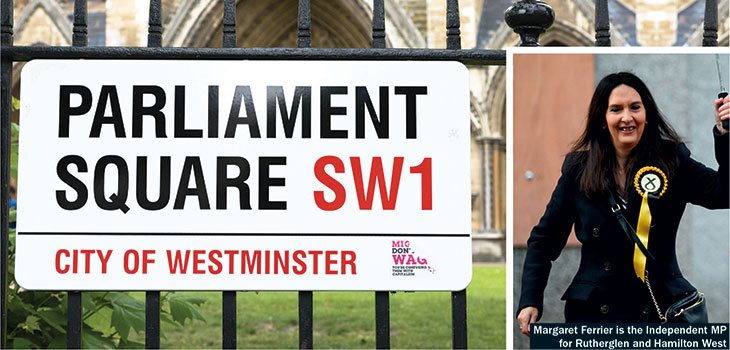
The focus of this comment is on what charges might be brought against those who deliberately and unjustifiably expose other members of the public to contagious diseases during a pandemic. This is an acutely important issue, because not only does such conduct expose others to the risk of death or serious illness, it has the potential to increase pressure on an already overextended NHS.
According to reports by the BBC, Ferrier tested for coronavirus on Saturday 26 September 2020. She had COVID-19 symptoms and thus had reason to believe she was COVID-19 positive, but attended church on Sunday 27 September 2020. Without waiting for her test results, on Monday she travelled from Scotland to London by train. After arriving in London and passing through busy train stations she attended parliament









